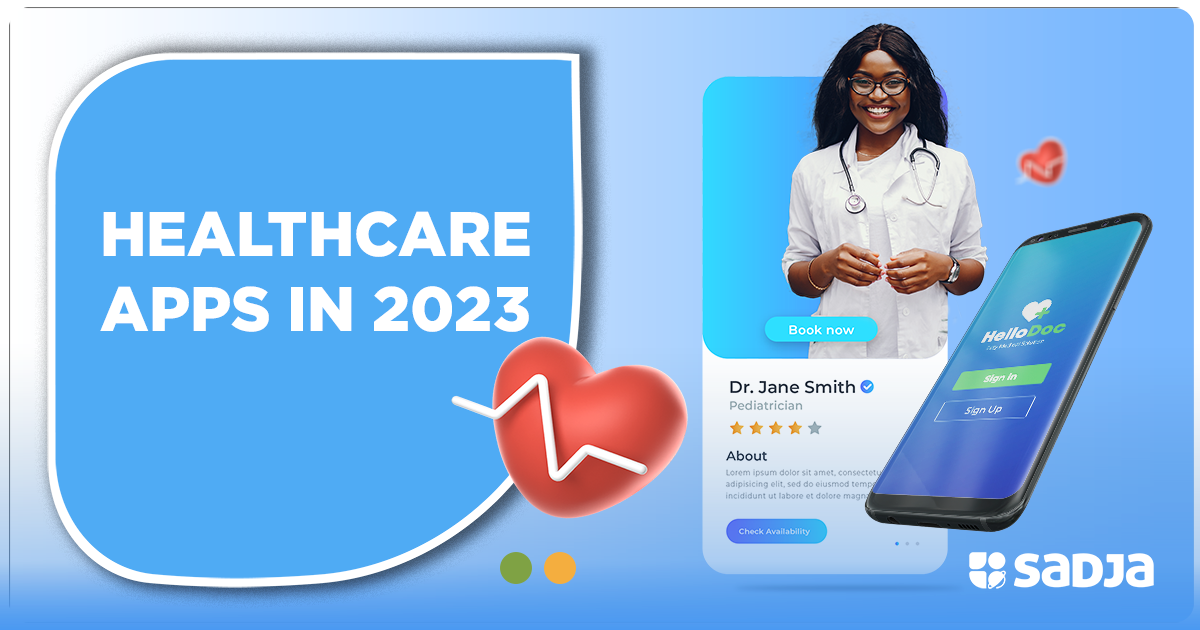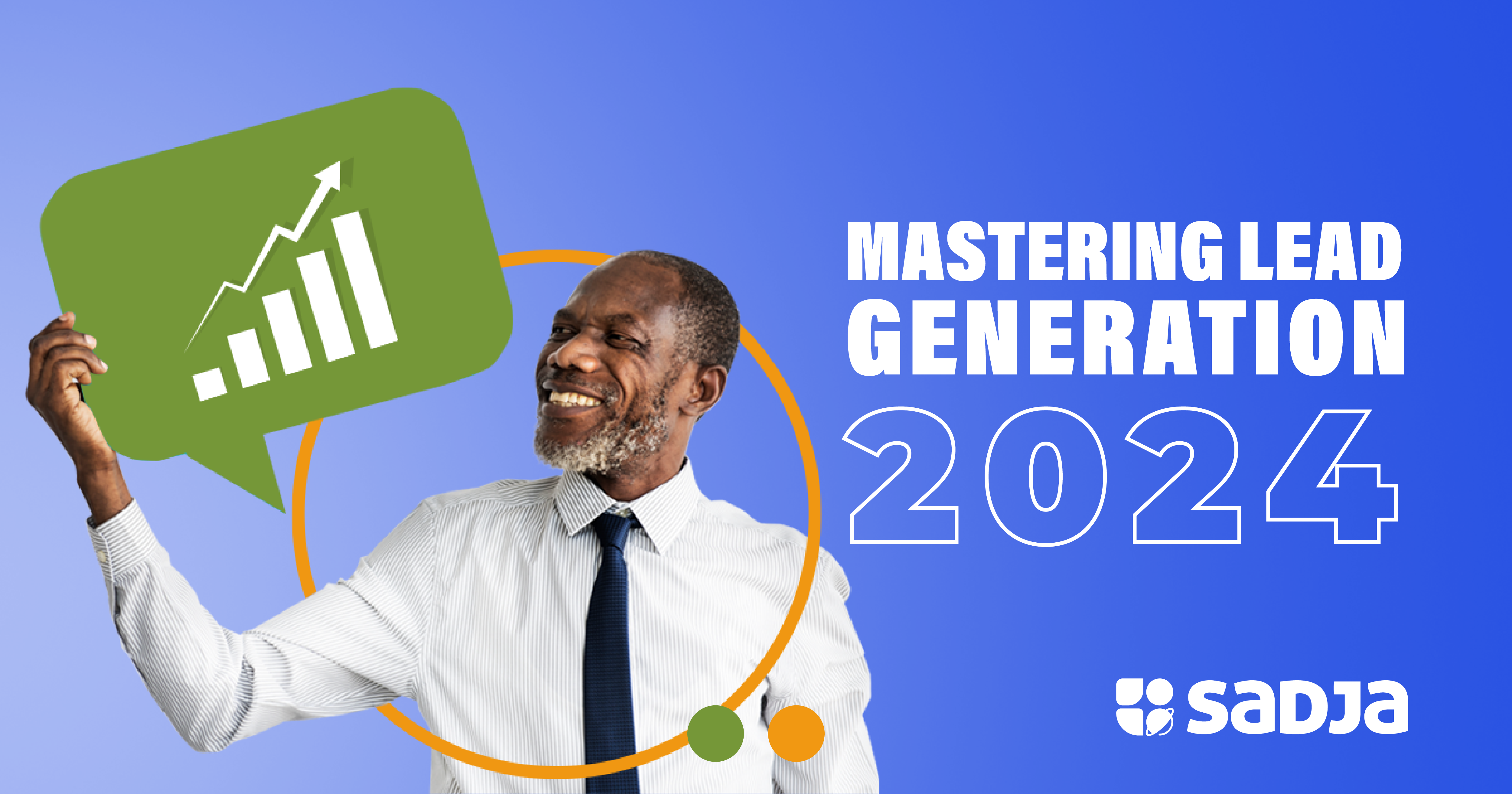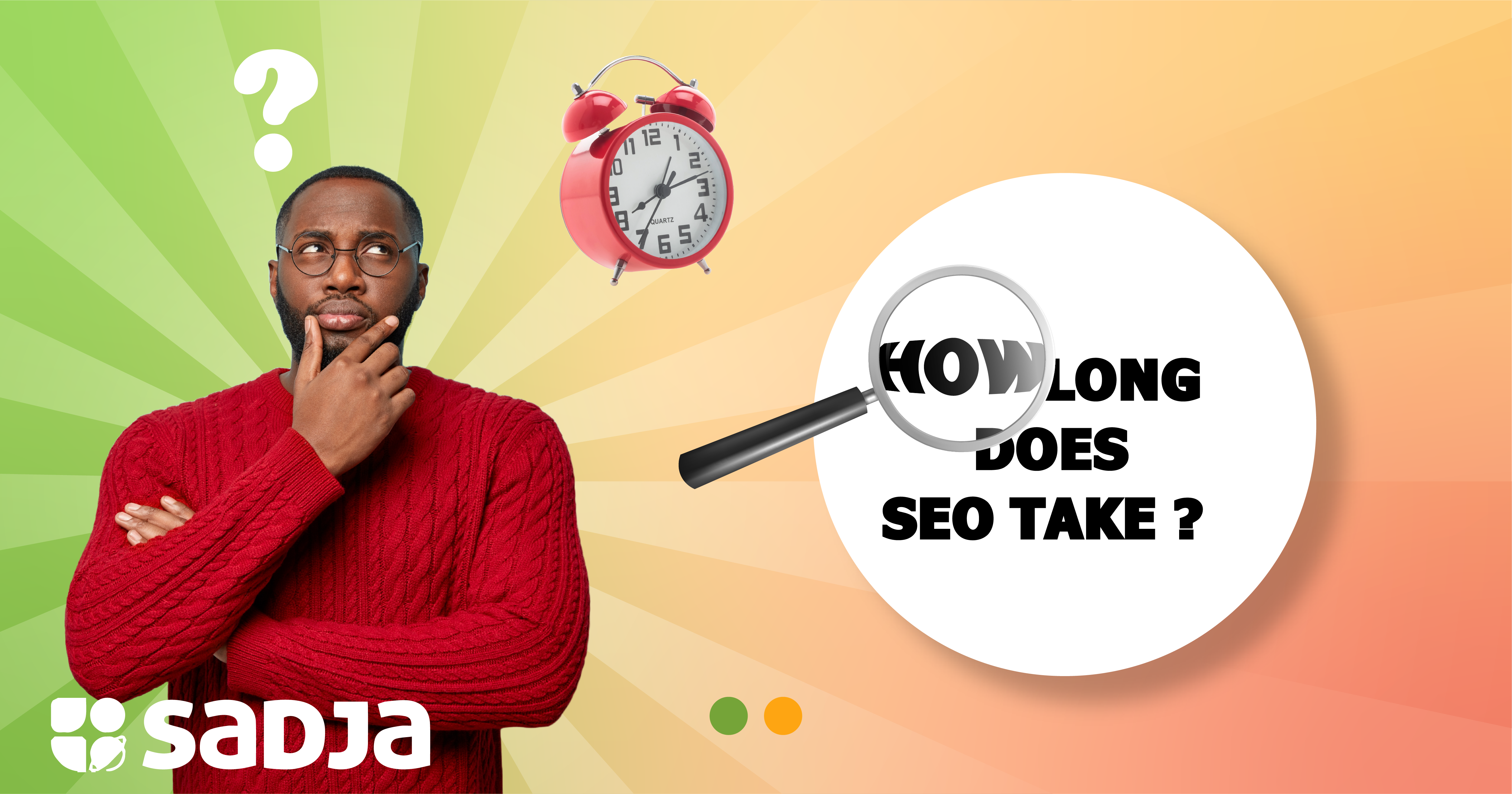Are you looking to create a healthcare app in Uganda? Apps are a great way to bring services closer to people. Health apps can save lives and reduce pain and suffering by providing faster access to medical attention.
In this article, we look at healthcare apps, their benefits, and examples of healthcare apps available today. This way, you will have an insight about how to create your first healthcare app.

Table of Contents
What is a healthcare mobile app?
Healthcare apps are undoubtedly one of the most important and useful types of apps in the world today. They are capable of saving lives by providing quick access to medical care.
Healthcare apps are mobile apps that focus on promoting the health and well-being of their users. Healthcare apps fall into two main categories:
Apps used by medical professionals to streamline medical services. These allow doctors and nurses to monitor and track patient health and schedule appointments.
Apps used by patients to view diagnoses or promote well-being. These allow patients to track their health, seek treatment, and book appointments with available doctors.
According to Statista, the digital healthcare market will be worth 190 billion U.S. dollars by 2025.
One of the factors that caused an uptick in healthcare app users was the COVID-19 pandemic. With the lockdowns, seeking healthcare from convenient locations became necessary virtually.
Healthcare apps have become a vital component in people’s lives today. Whether it is a diet tracking app or a Hospital Information System (HIS), these apps help create healthier human lives.
What is healthcare app development?
Healthcare app development is the creation of mobile apps that focus on helping people improve their health in real-time.
These apps can be used by healthcare providers, patients, and other healthcare system stakeholders to improve care delivery, manage health information, and promote healthy behaviours.
Healthcare app development involves various activities, including designing the user interface, developing the software code, testing the app for functionality and security, and integrating the app with other healthcare systems and data sources.
How does a healthcare app work?
Most healthcare apps collect and store health-related data from users and provide them with useful information or services based on that data.
For example, a fitness tracking app may collect data on the number of steps taken daily.
After collecting this data over a long time, it will provide the user with personalised recommendations for improving their fitness level, such as setting daily step goals or suggesting exercise routines.
Hospital Information Systems or HIS are digital systems that hospitals use to manage and track operations such as patients, laboratory, financial, and pharmaceutical services. These apps allow healthcare providers to schedule and track medical records.
While the two types of apps target different users, they are lucrative healthcare app ideas.
Benefits of mobile apps in healthcare
Healthcare apps are some of the most important apps on the market today. They save lives and improve health. Here are the benefits of using mobile apps in healthcare:
Increased accuracy
Healthcare is a field that requires utmost precision and care, given that it works with diseases and health concerns that can affect human life. Healthcare apps like Hospital Information Systems help medical personnel keep track of medical records.
These records can be easily accessed to offer accurate test results, diagnoses, and prescriptions. Without apps, clinics would rely on paper and pen as well as memory to remember data, which can cause errors.
Immediate access to healthcare
Healthcare apps allow users to book appointments and reach medical professionals faster than traditional hospital visits. Human life is priceless; hence it is a great advantage to access healthcare as soon as needed.
Instant and online payment
No need to wait in lines and pay for healthcare through less secure methods. Healthcare apps offer instant and online payment modes that are convenient for patients and healthcare providers.
There are many methods of paying on healthcare apps, such as debit or credit cards, health insurance, and mobile wallets.
Monitoring health virtually
Diseases like COVID-19 proved to be contagious as they can spread through the air. In such cases, healthcare apps allow medical professionals to monitor patients’ health virtually, and this can protect more people from contracting the disease.
Additionally, patients can share photos of their health concerns with doctors without visiting a clinic. For example, a patient can receive health care for a skin problem by sending a photo of their ailment to a dermatologist.
Easy access to diagnoses
Many healthcare apps offer symptom checker tools that allow users to input their symptoms and receive a list of possible diagnoses. These tools can help users understand their symptoms and provide guidance on when to seek medical attention.
Types of mobile applications for healthcare
In this article, we shall break down the types of healthcare applications used in healthcare into two groups: those used by healthcare providers and those used by patients.
Healthcare apps used by healthcare providers
These are apps that medical personnel use to track patient data and communicate within the medical setting. Here are some examples of such apps:
Telemedicine
Telemedicine is the practice of delivering medical care remotely using video conferencing, mobile apps, and other digital communication technologies. Telemedicine is becoming more popular today due to ease of access.
Medical literature search apps
Medical literature search apps are designed to help healthcare professionals and researchers find relevant and up-to-date medical literature quickly and easily. These apps contain databases of references and published medical articles.
Hospital Information Systems (HIS)
A hospital information system (HIS) is a software system that manages a hospital or healthcare facility’s administrative, financial, and clinical aspects. HIS systems are designed to streamline hospital operations, improve patient care, and reduce costs.
Communication and consulting apps
These are apps used by medical professionals to communicate data about patients, discuss appointments and shift timings, as well as consult with other professionals to get second opinions on their patient files.
Healthcare apps used by patients
Healthcare apps can also be categorised by how they can help patients. Let’s take a look at some healthcare apps used by patients.
Health tracking apps
Health tracking apps help people to keep track of their symptoms. These apps are user-friendly and help people enter data into one place to determine patterns in their health. Such apps may utilise gamification to make the process of tracking easier.
Fitness apps
Fitness apps can be used by people who are interested in promoting health and fitness through physical activity. These apps allow users to track their physical activity. For example, some apps feature a pedometer that tracks the number of steps taken.
Diet tracking apps
Diet is an important part of healthcare because food provides the necessary nutrients to build immunity and fight disease. Diet tracking apps can track calories or different food groups to help people get their daily nutrition.
Self-diagnosis apps
Self-diagnosis apps return a diagnosis based on a patient’s symptoms. These apps contain a database of symptoms and their potential results to help patients make informed decisions. However, these apps are not a replacement for medical care.
Examples of mobile apps in healthcare
Here are some healthcare mobile apps that have been helping people with smartphones for a long time now:
Teladoc – Whole-Person Care Delivered Virtually
Teladoc is a virtual healthcare system that connects patients to doctors. It offers various services, including primary care, mental healthcare, condition management, and speciality treatment, such as dermatology, sexual health, and back and joint care.
The Teladoc website and app connect you to over 50,000 specialists. Any appointments you make will be virtual, meaning you don’t have to visit a hospital. There are various ways to talk to the doctor, including video calls, phone calls, messaging, and emailing.
Teladoc is based in the United States and operates in 175 countries.
MySugr – Make Diabetes Suck Less
MySugr is a diabetes management app that helps users track blood sugar, insulin, and carb counts to help them have an insight into their diabetes. Diabetes is a disease that is characterised by high blood sugar.
It can cause issues such as foot pain, vision issues, as well as heart problems. To keep diabetes down, patients should lower or control their sugar intake. MySugr helps users input how much sugar they consume so they don’t exceed their daily intake.
BetterHelp – Professional Therapy with a Licensed Therapist
BetterHelp is a healthcare app dedicated to bringing mental health support to people worldwide. Betterhelp help connect patients to mental health professionals all around the world. Mental health is as vital as physical health.
Users can schedule appointments and access mental health help via text, phone, online chat, and video calls. Once you have found a counsellor that suits you, you can communicate via live chat any time you want, access your chats and read the old messages.
You can also schedule video calls for a face-to-face conversation with a counsellor. Other options include group support, where many people attend mental health meetings on anxiety and depression.
Doximity – Clinician’s Network and Healthcare
Doximity allows medical professionals to connect. This app also connects doctors to patients. One of its unique features is that it protects the doctor’s privacy by providing an office number. This way, the doctor can communicate with patients safely and conveniently.
Doximity also allows patients to book appointments and connect with doctors based on their profiles. More than 1 million doctors registered on Doximity. Doctor profiles are listed along with reviews. Patients can browse through and select the best doctor for their needs.
PatientTouch
PatientTouch is an app used in hospitals to coordinate healthcare across departments such as administration, finance, oncology, primary care, and other services. With this device, all communication and processes are streamlined in one place.
Doctors and nurses can text, send voice messages, and receive alerts and pages all in one app. It is an efficient app to run hospital services smoothly. This app also tracks and stores medical data, such as diagnoses and prescriptions for patients.
DSS Inc
DSS Inc is a health information software development and systems integration company. It offers various products and services, including electronic health records (EHRs), document management systems, revenue cycle management solutions, and more.
PatientKeeper
PatientKeeper also offers a mobile app that allows physicians to access patient information, view lab results, and communicate with other care team members from their smartphones or tablets.
The app is designed to be user-friendly and intuitive, with a simple interface that physicians can quickly learn and use.
Future Trends for healthcare mobile apps
The world is digitising at a fast past in 2023. Many new technologies are being discovered. These advancements will also find their way into the healthcare field. Healthcare benefits greatly from technology because of its high accuracy.
Here are some trends to expect in healthcare mobile apps:
Telemedicine
The COVID-19 pandemic has accelerated the adoption of telemedicine, and we can expect to see this trend continue in the future. Healthcare mobile apps will become more sophisticated and user-friendly, offering virtual consultations, remote monitoring, and other telemedicine services.
Integration with wearables and IoT devices
Healthcare mobile apps will increasingly integrate with wearable devices and other Internet of Things (IoT) devices to provide real-time health data. This will allow patients to track their health metrics and receive personalised insights and recommendations.
Artificial Intelligence
AI is taking the world by storm. Machines can be taught to think like humans – the advantage is that they reduce errors. AI can detect diseases and diagnose patients based on their test results. Machines can be trained to detect cancer in patients.
Conclusion
In this article, we have taken a look at healthcare mobile apps. Digitization and rapid technological development enable us to expand healthcare, and this results in easier access to medical help.
Medical apps also make fewer mistakes, which increases accuracy in health settings.
Creating a healthcare app that supports patients and doctors requires a lot of research and documentation. If you want to develop a healthcare app, you can work with an app development agency to streamline your process.
 +256 206 300885
+256 206 300885



